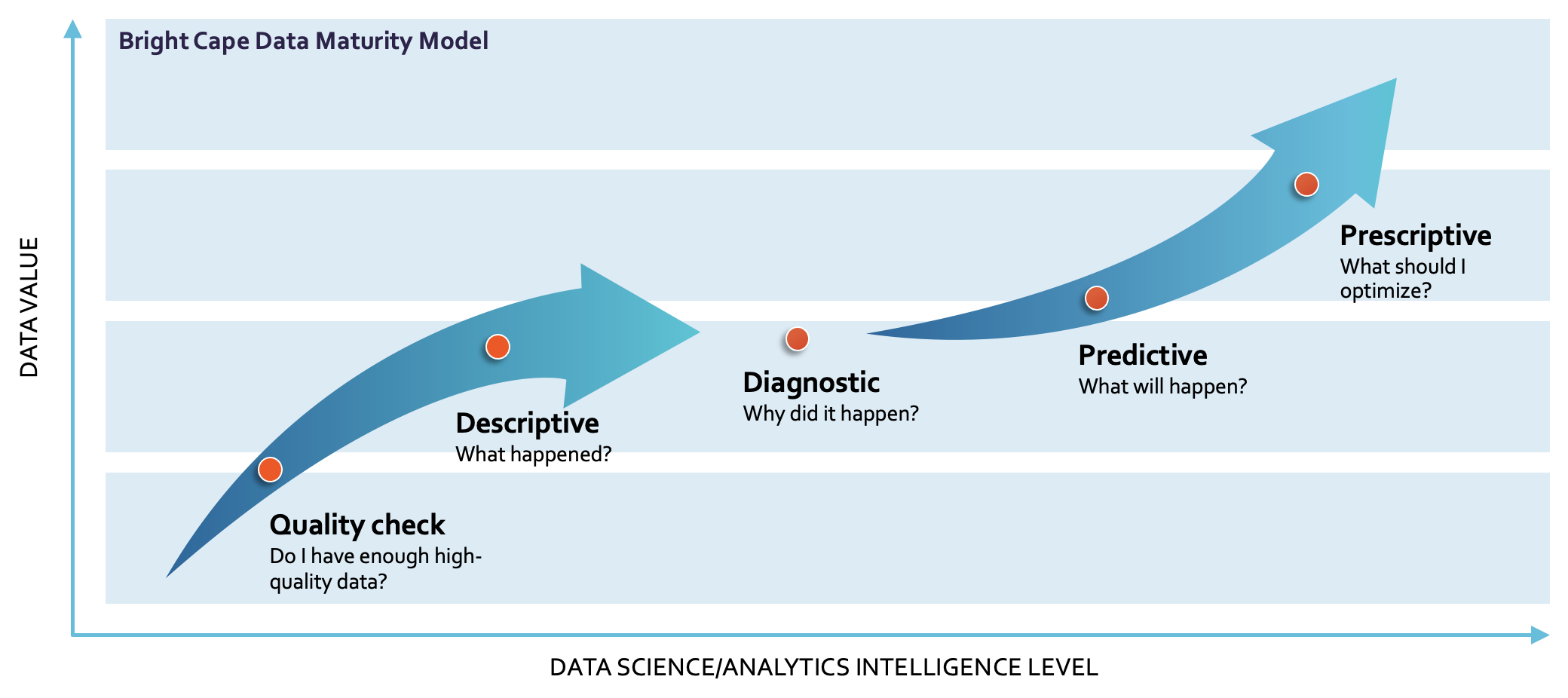Recent years, Environmental, Social, and Governance (ESG) considerations have become central to corporate decision-making. However, with this growing demand for transparency, companies face challenges in effectively communicating their ESG performance. From data quality to regulatory compliance: navigating the complexities of ESG reporting requires a clear strategic vision and a robust way of working. To succeed, companies must address these key challenges to increase the credibility and impact of their ESG performance.
Boost the credibility of your ESG reporting with help of advanced data solutions
What is ESG reporting?
Navigating the complexities of ESG reporting
Environmental, Social, and Governance (ESG) are the three key factors used to measure the sustainability and ethical impact of an investment in a business.
- Environmental: Focuses on a company’s impact on the planet, including its carbon footprint, waste management, and resource conservation.
- Social: Addresses how a company manages relationships with employees, suppliers, customers, and communities. This includes labor practices, diversity, and community engagement.
- Governance: Involves the company’s leadership, executive pay, audits, internal controls, and shareholder rights
Why ESG matters:
- Regulatory compliance: Governments and regulatory bodies are implementing stricter ESG requirements, making compliance essential.
- Risk management: Identifying and managing risks related to environmental, social, and governance factors can help protect businesses from potential financial losses.
- Competitive advantage: Sustainability isn’t just about compliance – it’s a catalyst for innovation. Companies that leverage ESG insights can identify new market opportunities, drive operational efficiencies, and build resilience in the face of evolving societal and environmental challenges.
ESG vs. CSRD
What is the difference between ESG and CSRD?
Since in today’s world and business landscape sustainability is becoming increasingly important, understanding ESG (Environmental, Social, Governance), and CSRD (Corporate Sustainability Reporting Directive) are crucial. These frameworks help organizations measure and disclose their impact on society and the environment.
- ESG: Voluntary guidelines that help companies enhance their sustainability practices. These guidelines are increasingly important as investors use them to evaluate companies’ environmental, social, and governance impacts.
- CSRD: Mandates comprehensive, audited sustainability reporting within the EU, ensuring transparency and accountability in corporate environmental and social impacts.
What are the benefits of implementing ESG solutions?
Create a positive impact and drive business growth through ESG reporting
Implementing ESG solutions not only mitigates risk, but also creates opportunities for companies to create long-term value, drive innovation, and make a positive contribution to society and the environment. Overall, the implementation of ESG solutions can bring many benefits to companies across a range of sectors:
Bright Cape's vision on effective ESG data usage
A structured approach that guides you to ESG maturity
To successfully manage the challenges of environmental, social, and governance (ESG) data projects, a structured approach that progresses through different stages of maturity (see figure below) is essential. From ensuring data quality to prescribing actionable strategies, organizations must follow a systematic journey to gain meaningful insights and drive positive impact.

Why our ESG solutions help you forward
How our unique approach benefits you
Bright Cape offers a dynamic approach to ESG data projects, designed to maximize value and impact at every stage of implementation. Our diverse expertise ensures comprehensive data management, enabling advanced insights and improved stakeholder engagement through intuitive UX design.
Related topics
Wondering what else we can do on ESG and CSRD and how we can help with your sustainability challenges? Check it out on these pages.
Ready to create a positive impact and drive business growth through ESG reporting?
Our unique approach to ESG data projects – which spans from comprehensive data management, uncovering advanced insights and improved stakeholder management through intuitive UX design – allows us to maximize value at every stage of implementation. Take the first step towards creating a positive impact for both the environment and your business now.





